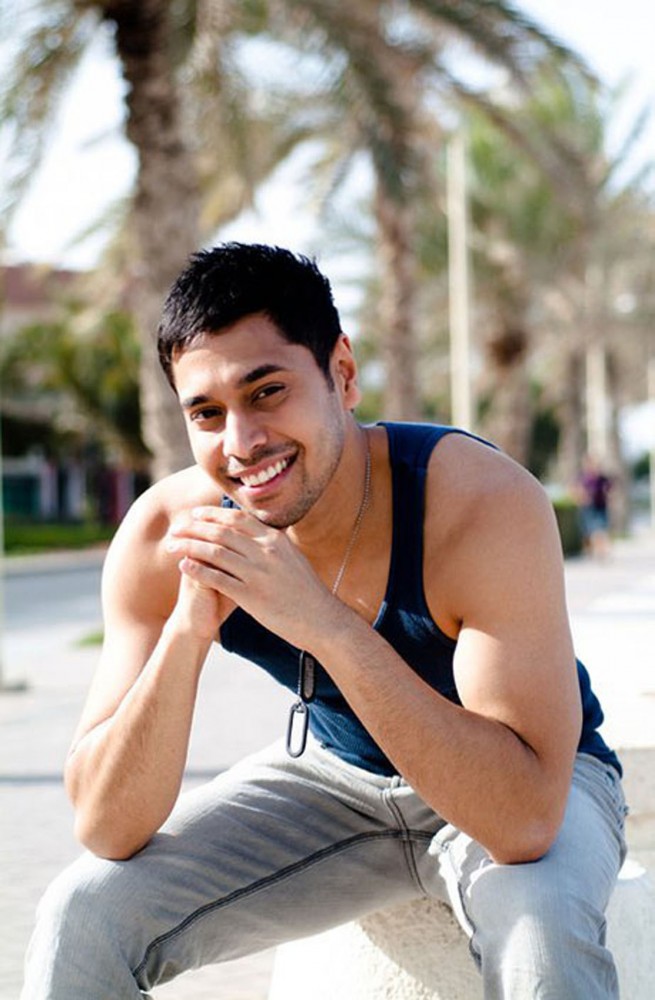Tuesday marked University of Minnesota alumnus Shezanne Cassim’s 247th day in foreign custody. He’s sitting in a maximum security prison, and his future remains unclear.
Tuesday was also Human Rights Day — a day when students and faculty members again called on the government of the United Arab Emirates to release Cassim. His next court date is Monday, but it has already been rescheduled five times, his family’s lawyer said.
“We are constantly worried about Shez,” Cassim’s sister, Shalali Cassim, said at a Tuesday news conference. Shalali Cassim is also a University alumna.
“All we want is for him to come home,” she said.
Cassim’s supporters stood holding “#freeshez” signs at the news conference and read letters of support from elected officials like Gov. Mark Dayton and Sens. Al Franken and Amy Klobuchar.
Cassim was arrested April 7, 2013, on charges of threatening national security after he posted a video to YouTube in October 2012 that satirized teenage life in Dubai.
Cassim’s supporters are calling the arrest a human rights infraction.
“The UAE promotes itself as a modern country that adheres to international human rights standards,” Susan Burns, the U.S. counsel to Cassim’s family, said at the news conference, adding that the country’s handling of Cassim’s case indicates otherwise.
The U.N. General Assembly adopted the Universal Declaration of Human Rights in 1948 as a guiding framework for member countries. Article 19 of the document guarantees the universal right to express opinions freely “through any media.” The UAE joined the U.N. more than four decades ago.
Cassim was living and working in the UAE at the time of his arrest, University Human Rights Program director Barbara Frey said.
Cassim’s brother, Shervon Cassim, said the family first suspected something was wrong when they stopped getting phone calls from Shezanne.
“We are absolutely terrified because we don’t know what’s going to happen in this situation,” Shervon Cassim said.
Students are working to spread awareness of Cassim’s imprisonment on social media and have started a petition online that calls on the UAE government to release him.
St. Catherine University sophomore Emma Scagnelli began awareness work after hearing about Cassim’s predicament from Burns, a mock trial coach at St. Catherine. At the news conference, Scagnelli wore a “Free Shez” T-shirt, as did some of her classmates.
“We really want to help add followers,” Scagnelli said.
Frey said Twitter users can also tweet their support for Cassim using the #freeshez hashtag.
For Scagnelli, the thought of her brother being imprisoned for posting a YouTube video keeps her working to free Cassim.
“I think of my brother a lot,” she said. “That’s a scary thought.”
In her experience as a human rights advocate, Frey said more visibility increases the likelihood a country will comply with activists’ demands.
“We just want to make sure that the government knows that we’re watching closely,” she said. “We are sending a strong message that we believe that Shez ought to be released at that hearing.”
Cassim’s brother said he is hoping for good news Monday — Cassim’s next scheduled court date.
“It would mean everything to us,” he said.








